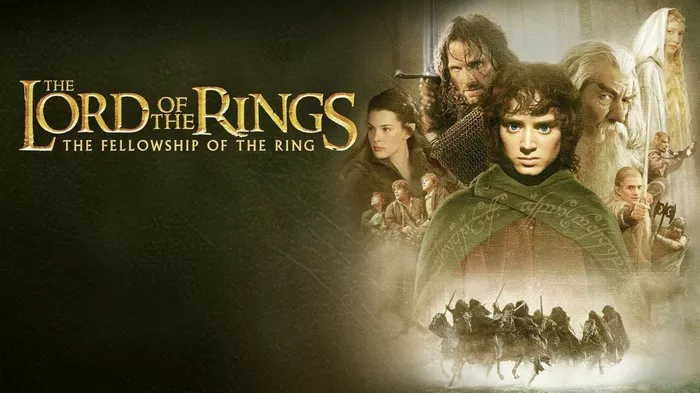Exploring the Origins and Significance of the Title that Transformed Fantasy Literature
Introduction: The Enigmatic Title
In the realm of literature, titles often serve as portals into the narrative worlds they encapsulate. J.R.R. Tolkien’s magnum opus, “The Lord of the Rings,” is no exception. The title itself carries a weighty mystique, prompting readers to ponder: Why Is it Called “The Lord of the Rings”? In this exploration, we delve into the origins, symbolism, and broader implications of the enigmatic title that forever altered the landscape of fantasy literature.
The Trilogy’s Genesis: From “The Hobbit” to Epic Fantasy
Evolution of a Literary Vision
Tolkien’s journey into Middle-earth began with “The Hobbit,” a charming tale of Bilbo Baggins and his unexpected adventure. However, as Tolkien’s narrative ambitions expanded, so did the scope of his literary creation. What started as a sequel to “The Hobbit” transformed into a sprawling epic that demanded a title befitting its grandeur.
From “The War of the Ring” to “The Lord of the Rings”
Initially titled “The War of the Ring,” Tolkien’s work transformed as he grappled with the essence of the story. The shift to “The Lord of the Rings” signaled a broader narrative arc, emphasizing not just the war but the central role of the One Ring and its possessor, Sauron, as the embodiment of dark power.
Decoding the Title: Layers of Symbolism
The One Ring: A Central Symbol
At the heart of the title’s significance lies the One Ring, a malevolent artifact created by Sauron to control the other Rings of Power. The emphasis on “Rings” serves as a nod to the overarching conflict revolving around this potent and perilous object.
The Lord of the Rings: Sauron’s Dominion
The inclusion of “The Lord” in the title underscores the overarching malevolence embodied by Sauron. As the dark force seeking dominion over Middle-earth, Sauron’s influence extends beyond mere physical conflict, emphasizing the spiritual and moral struggles woven into the narrative.
Multiplicity of Rings: Unveiling Themes
Beyond the literal Rings of Power, the title hints at the thematic richness within the trilogy. Each Ring symbolizes different aspects of power, corruption, and the moral choices characters face, adding layers of depth to the narrative.
Cultural Impact: Shaping Fantasy Literature
Defining High Fantasy: Tolkien’s Enduring Legacy
The choice of title for “The Lord of the Rings” contributed to defining the genre of high fantasy. Tolkien’s meticulous world-building, linguistic craftsmanship and the overarching theme of a cosmic struggle between light and darkness set a standard that subsequent fantasy authors would strive to emulate.
Cinematic Adaptations: Amplifying the Title’s Resonance
The success of Peter Jackson’s film adaptations further solidified the cultural impact of “The Lord of the Rings.” The title became synonymous not only with a literary masterpiece but also with a cinematic phenomenon that introduced Tolkien’s world to a global audience.
Conclusion: A Title Beyond the Pages
In conclusion, the question of Why Is it Called “The Lord of the Rings” reveals a tapestry of literary intention, symbolic depth, and cultural resonance. Tolkien’s choice of title transcends a mere descriptor; it encapsulates the essence of the narrative, the central conflict, and the profound themes that resonate with readers across generations.
As readers embark on the epic journey through Middle-earth, the title serves as a beacon, inviting them to explore the multifaceted nature of power, the consequences of choice, and the timeless struggle against the shadows that seek to engulf the world. “The Lord of the Rings” stands not only as a title but as a testament to the enduring power of storytelling to captivate, inspire, and shape the landscape of fantasy literature for years to come.

